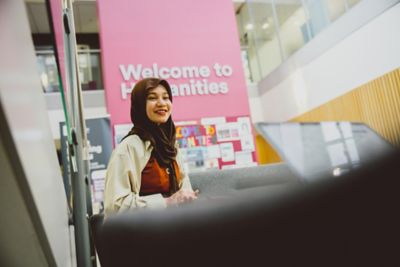
We are not offering American and Canadian Studies undergraduate courses for 2025 entry.
Alternative courses for 2025 which include elements of American and Canadian Studies are:
As a student of any of these courses, you may participate in the University of Nottingham Study Abroad scheme.
